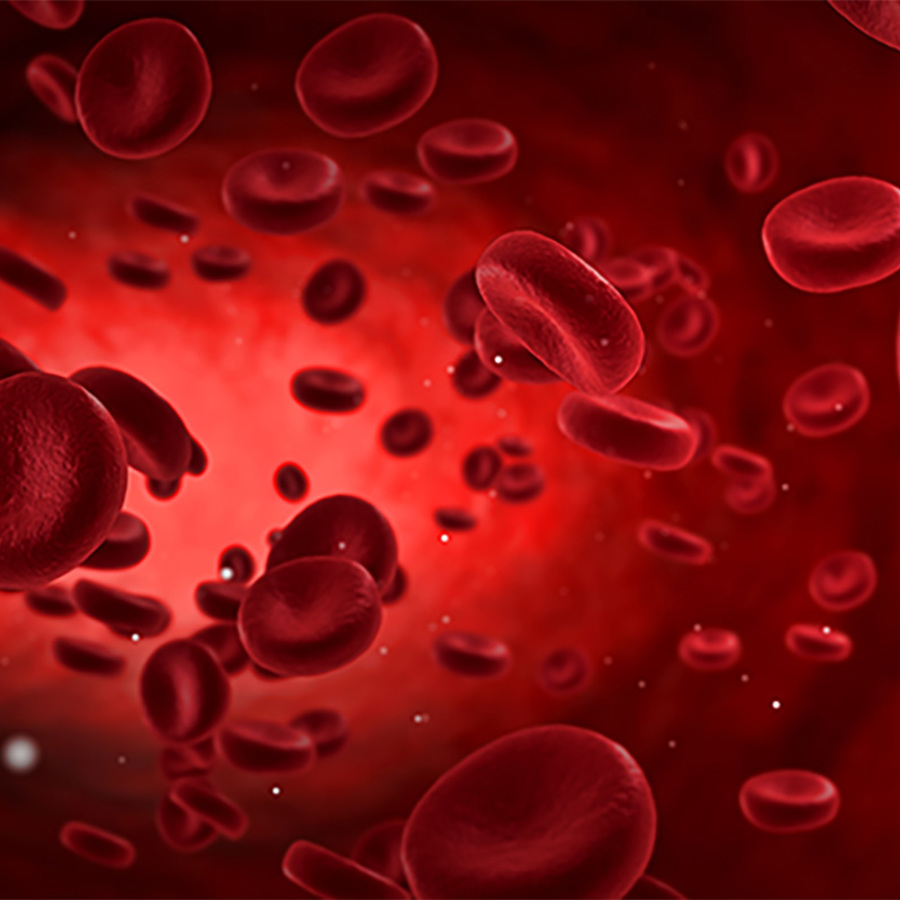
Can an AB parent have an O child?
September 7, 2011

- Related Topics:
- Blood type,
- ABO blood type,
- Cis AB blood type,
- Rare events,
- Common questions
A high school teacher from Mexico asks:
An AB parent can indeed sometimes have an O child. But it is by no means common. In fact it would be fair to say that it is exceedingly rare.
Usually, an AB parent and an A parent can only have children who are Type A or Type B.
One exception is in certain Asian groups. Some of these folks have a rare version of the ABO blood type gene called cis-AB. People with this gene version have an AB blood type but can easily have an O child.
Now I don't want you to come away thinking this is an everyday thing for most Asians. It isn't.
For example, one estimate I saw stated that about 0.03% or 3 out of every 10,000 Koreans have this blood type. And that is the group where it is most common!
The next most common group is the Japanese. There it looks like about 0.001% of folks have the cis-AB allele. Or 1 out of every 100,000.
So even though it is more common for an AB parent to have an O child amongst the Koreans and Japanese, it still isn't that common. And it is much, much less common in other ethnic groups.
Still it can and does happen. There are even a few other rare ways to break the blood type inheritance rules (like chimerism and Bombay blood group), which I won’t go into here. Even though your high school biology teacher said it was impossible...
Why AB Parents Rarely Have O Children
The reason why an AB parent usually does not have an O child has to do with how blood type normally works genetically. Remember, we have two copies of each of our genes – one from mom and one from dad. This is true of the blood type (or ABO) gene as well.
The ABO gene comes in three varieties: A, B, and O. Since we have two copies of this gene, that means there are six different possible combinations of these three versions. These six combinations lead to the four possible blood groups as follows:
| Gene 1 | Gene 2 | Blood Type |
| A | A | A |
| A | 0 | A |
| B | B | B |
| B | O | B |
| A | B | AB |
| O | O | O |
As you can see, O is sort of like a zero. If you have an O and something else, your blood type will be that something else.
The table also shows why AB parents so rarely have an O child. Because they don't have an O to pass on!
To be O, you usually need to get an O from both mom and dad. But an AB parent usually has an A and a B version, not an O. So they usually can't have an O child. Except, of course, when they can.
Ways to Break the Blood Type Rules
There are a few ways that an AB parent can have an O child. One of the less rare ways is when the parent has the cis-AB version I was talking about earlier. These people have the following possible gene combinations:
| Gene 1 | Gene 2 | Blood Type |
| AB | 0 | AB |
| AB | 0 | AB |
| AB | B | AB |
They are all AB blood type but the middle gene combination can have an O child. Let's see how.
Imagine a dad with the middle combination of genes. He has an AB version and an O version of the ABO gene. He is AB blood type but carries the O version of the blood type gene.
Now let's imagine that he has a child with a woman who has an A and an O gene. She is A blood type but like the father, also carries an O version of the ABO gene.
As you can see in the image to the right, these two parents can have an O child. In fact, every one of their children would have a 1 in 4 chance for being O.
And this is just the most common way an AB parent can have an O child. There are many other, rarer possibilities too.
Although I won't go into them here, we have covered a lot of them before in other answers. Here are some other possible ways an AB parent can have an O child
- One parent might be a chimera of an A and a B twin
- One parent may have a mutation that leads to A and B being linked together
- The O child might have Bombay blood group

Author: Dr. D. Barry Starr
Barry served as The Tech Geneticist from 2002-2018. He founded Ask-a-Geneticist, answered thousands of questions submitted by people from all around the world, and oversaw and edited all articles published during his tenure. AAG is part of the Stanford at The Tech program, which brings Stanford scientists to The Tech to answer questions for this site, as well as to run science activities with visitors at The Tech Interactive in downtown San Jose.
 Skip Navigation
Skip Navigation
